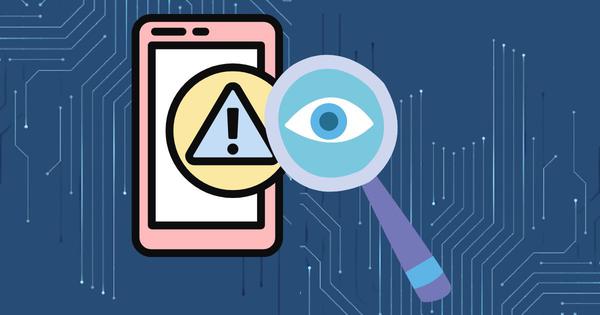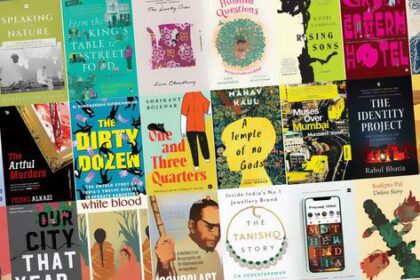Exploring the commercialization of anxiety in our technology-driven society and its implications.
In today’s society, a notable trend has emerged where feelings of unease, vigilance, and guilt are increasingly being capitalized on for profit. The recent remarks by the chief executive of Life360, a tracking app that allows families to monitor the whereabouts of their loved ones in real time, reflect this phenomenon. By labeling the business as part of the “anxiety economy,” the CEO inadvertently highlighted a deeper cultural issue. Life360, which reportedly appears on one in ten phones in the United States, has transitioned from a niche product to a household staple for many families.
Marketed as tools for safety and peace of mind, apps like Life360, Snapchat’s Snap Map, and Apple’s Find My Friends are rooted in the same instinct that once served to protect humans from predators. However, in the current context, the vigilance that once kept us alert has morphed into a cycle of refreshing applications, scrolling through news feeds, and constantly checking digital maps for reassurance. Technology, rather than being neutral, amplifies this instinct, creating a complex relationship between anxiety and digital tools.
While Life360 provides a semblance of comfort, it also has the potential to generate new anxieties. For instance, a child’s location on the app pausing for just ten minutes may trigger a flurry of worry or the urge to check in. Although the app offers reassurance, it simultaneously fosters unease, illustrating how the illusion of control can lead to a deeper dependence on such technology. Research indicates that attempts to suppress anxiety often exacerbate the feelings, creating a paradoxical situation.
The marketing strategies employed by companies adeptly capitalize on this vague sense of anxiety, providing consumers with targeted solutions for their unease. This can manifest in various forms, such as concerns about safety at home, children’s educational progress, or personal appearance. The gap between a parent’s self-perception and societal expectations often cultivates feelings of guilt. This guilt drives demand for products that promise to alleviate these fears, such as baby monitors and organic snacks. Despite the temporary relief these products provide, the underlying discrepancies in self-expectation persist.
Although statistically, children today are safer than ever, with declining mortality rates and improved healthcare, the marketing landscape thrives on the human tendency to focus on extreme events. This highlights a disconnect between factual safety and perceived threats, allowing marketers to exploit parental anxieties effectively. The term “anxiety economy” aptly describes this landscape, as companies continuously identify and exploit triggers of anxiety, creating tools that promise to manage it while often sustaining the very unease they claim to alleviate.
The concern is not necessarily with the functionality of these apps; they can indeed offer comfort. However, the normalization of anxiety exploitation raises critical questions about the societal implications of such practices. As society becomes accustomed to monitoring, resisting these ingrained beliefs becomes increasingly difficult. Framed initially as personal choices, these behaviors gradually permeate daily life and contribute to broader economic patterns.
Ultimately, the candid acknowledgment by Life360’s CEO prompts a vital inquiry: do we want to live in a society that commercializes fear? While anxiety is an inherent part of the human experience, leveraging it for profit is a matter of cultural choice. With investment markets describing companies like Life360 as lucrative opportunities, it is crucial to reflect on whether we endorse an economy that thrives on the monetization of our anxieties.








